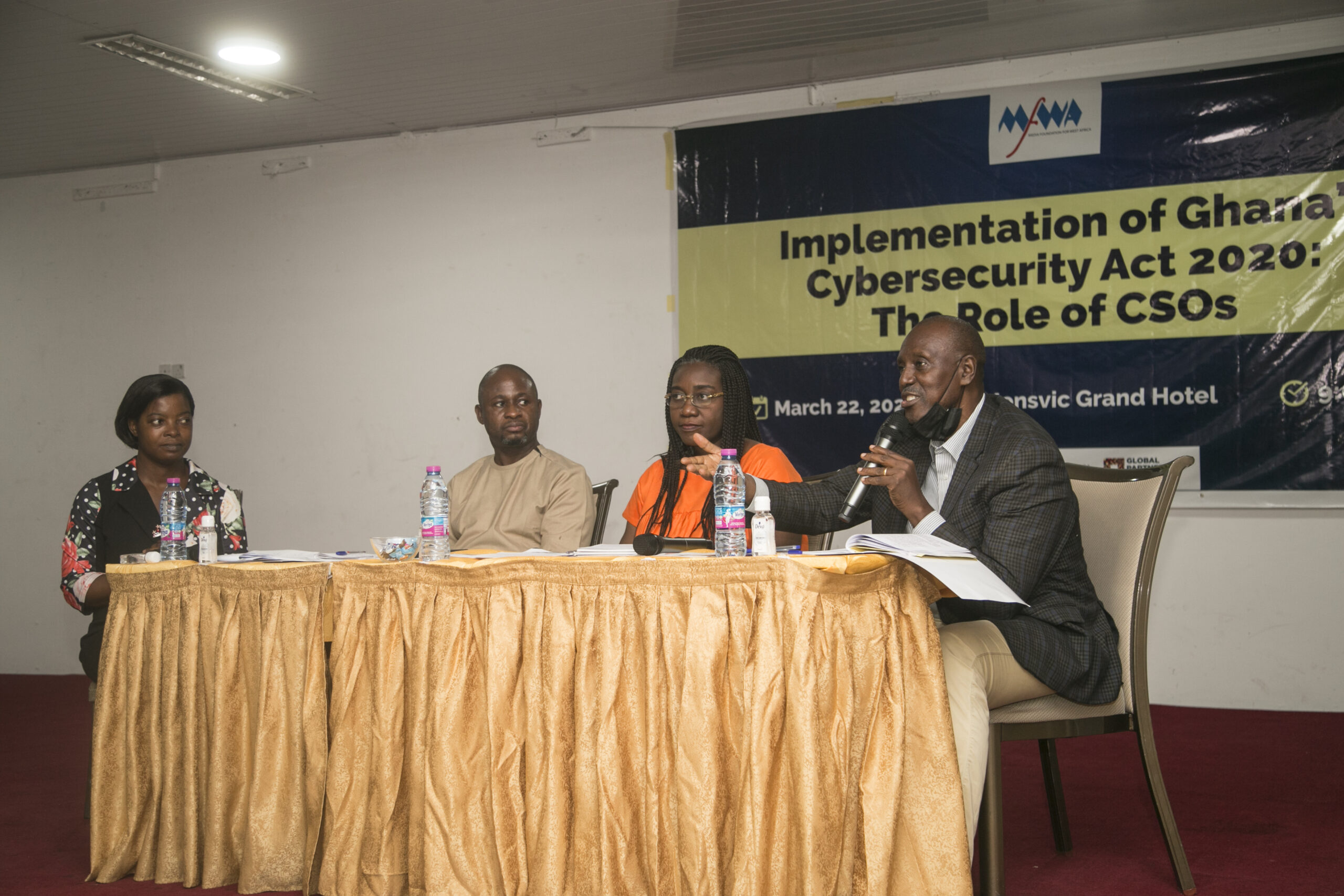The Media Foundation for West Africa is deeply concerned about the statement issued by the burkinabè government threatening to punish “subversive publications”, and calls on the military to uphold all fundamental freedoms, including freedom of expression online.
On March 15, 2022, the new transitional authorities in Burkina Faso announced that there would be no “impunity” for “authors of publications and other subversive actions”.
According to Colonel Major Omer Bationo, Minister of Territorial Administration, Decentralisation and Security, the commitment and the unity of the Defense and Security Forces in combating terrorism are being undermined by fake news shared on social media. Colonel Major Omer Bationo therefore strongly and firmly cautioned possible authors of fake news after calling on all the population to patriotism and responsible citizenship so as to preserve peace, social cohesion and public order in an environment marred by the appalling violence and terror of terrorist attacks.
“There will be no tolerance for those who seek, by their actions, to increase the suffering of the already battered population,” the Colonel-Major said after affirming that “in any case, there will be no impunity for authors of publications and other subversive actions undermining public order, social cohesion and the morale of the troops”.
These warnings were negatively perceived by the majority of citizens, regardless of any underlying goodwill and common sense. They have been perceived and condemned by the public as an attempt by the junta to intimidate them.
Investigative journalist Sandrine Sawadogo Delwende believes that this kind of threatening statement will not discourage the vibrant press.
“Our media are serious in disseminating information. Unless there is a specific restrictive law against it, as long as the information is accurate, we will publish it,” she told MFWA in a telephone conversation.
Boukari Ouaba, journalist and editor of the Mutations newspaper, took to his Facebook wall to express his outrage at the government’s warning. The journalist said the statement was intimidating and far from being a model of good governance.
“Our problem is not social media, because, you see, there has never been (at least not yet) an attack on Burkina Faso on social media. It’s virtual. The reality is on the ground and therefore our problem, your problem is on the ground,” he wrote.
Ouaba advised the military to stop using social media if they think they are likely to be demoralised.
“What is a soldier who is supposed to be on the frontline looking for on Facebook at the risk of being ‘demoralised’? Get off social media, Dear Colonels”.
“Instead of sitting in Ouaga threatening people, what we are asking you to do is to free our villages, to restore the territorial integrity of this country in line with the commitment you have FREELY made”, he said on his Facebook wall.
The MFWA strongly condemns any action by the ruling junta that could foster an environment of fear and self-censorship among the press and the public. While we do not condone the dissemination of fake news, we remain convinced that the fight against terrorism should not be an excuse to suppress freedom of expression, freedom of the press and citizens’ access to information.
The fight against terrorism and concerns over fake news in Burkina Faso have paved the way for several violations of citizens’ fundamental freedoms and those of the press. Under the regime of the ousted president, Roch Marc Christian Kaboré, a similar fight supposedly against false information led to the enactment of liberticidal laws, brutal repression of demonstrations, retrogressive and unannounced interruptions of the internet, suspension of media outlets, limitations on access to information and several attempts at intimidation.
On January 23, 2022, one day before the coup in Burkina Faso, mobile internet access was blocked for 35 hours. The authorities had banned demonstrations and the police enforced this ban resorting to tear gas to disperse demonstrators, arresting over 30 people.
The MFWA, therefore, urges the new authorities in Burkina Faso to avoid actions that could jeopardise and weaken fundamental civil liberties, press freedom, and access to information.






